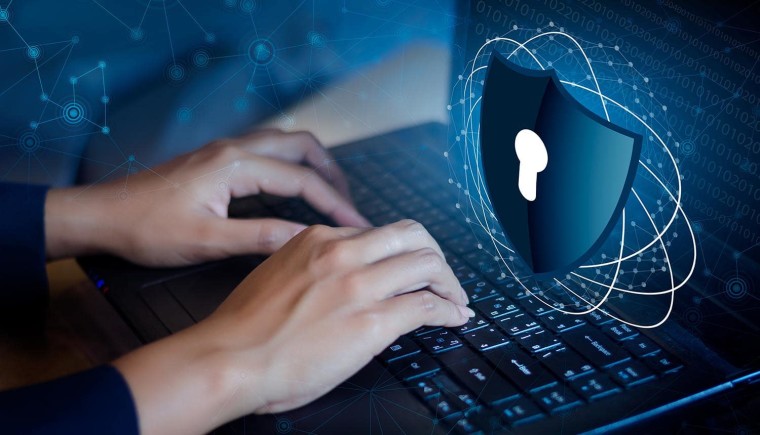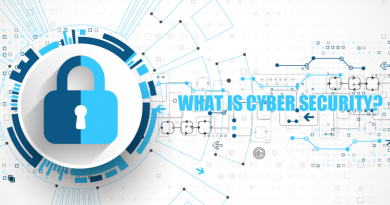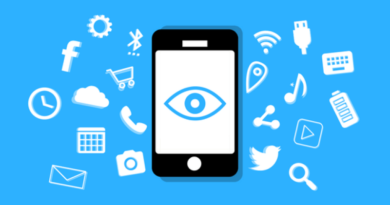Cyber Security Essentials for Your Device
Cyber Security Essentials are those necessary tools or practices that everyone one should have or follow in today’s world. 2020 hasn’t been short on surprises, and unfortunately the majority of those surprises haven’t been good things.
One part that many folks in the business world seemed to like, though, was the forced move to remote work due to stay-at-home orders related to the novel coronavirus, COVID-19. Even in an office setting, security challenges and threats are aplenty. But when an entire workforce moves to their home networks vulnerability is exponentially increased. And proper precautions are necessity for protecting your company’s information (as well as your own, relating to personal matters).
Whether your preferred medium is a laptop, desktop, tablet, or even cell phone. Cyber security threats loom regularly, and protecting your information is essential. Here are some must-dos for remote workers looking to bolster their cyber security across their gamut of devices.
Cyber Security Essentials
Social Media
Whether or not you are involved in your company’s social media intermingling. There is still a good chance someone accesses social media sites on your devices for personal use. And social media security breaches result in $3.25 billion in financial cyber theft every year. With this in mind, taking steps to ensure social media security is very important. Even if you’re certain you won’t be a target. Using VPNs, changing passwords frequently. And updating social media apps whenever an upgrade is available, will keep you ahead of the hacker game.
Home Networks
Working from home means that, most likely, your company’s protections will only help you when conducting work on their server. So, protecting your desktop material is up to you. You should regularly update your network security key, turn off all “plug and play” options. Update your firmware often, and (as you should do with everything) regularly change passwords and credentials of the router.
Cell Phone
Though you most likely access social media and your home network on your phone. There are also ways to make it less susceptible to cyber crime, unrelated to what you are using it for. There is a very real chance that your phone actually has more information on it than your home computer. And proper security can save you some headaches and money. Simple-yet-effective processes for phone security include locking your home screen. Using caller protection apps, staying off of public networks, and using two-factor identification for accessing your device. Generally, phones update their security software automatically, but you should double check this as well.
Practices to Share
Whether you’re in charge of a team’s cyber security, or not, sharing these tips with a newly-remote staff certainly can’t hurt. And may make you look like an overachiever! Especially when connected to a company server. Encourage your colleagues to “click wisely,” meaning don’t go down advertising rabbit holes just because something looks exciting. The same two-factor authentication you practice on your phone, should also translate to your desktop or laptop computer.
Also, encourage your team to be open about sites they visited that may have been a bit shady. Getting ahead of a problem is always better than fixing one. Last, but certainly not least, is reminding everyone the same thing they have been reminded of since opening a computer for the first time, and that is backing up data. If your company has a cloud server, this is as easy and secure as ever, and should be done so often that it gets annoying.
Cyber criminals are now holding information “ransom,” but if said information is well backed-up, a simple, “enjoy it” response to the cyber criminals will make them look elsewhere next time they decide to steal.
Basic Cyber Security Essentials
All of these are useless without an informed team that knows the basics of regularly changing passwords, avoiding public networks, and simply keeping an eye on all of their devices. When something has been lost or stolen, or a breach is even mildly suspected, you should be sure that your colleagues can report these things with no repercussion. Even though it is kind of their fault, punishing someone for the actions of a criminal is never a good way to keep up morale and retain employees.




